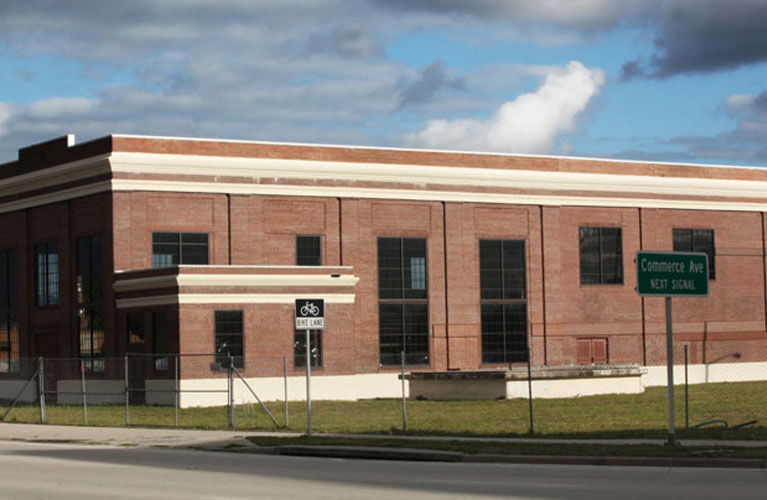
VERO BEACH — The Vero Beach City Council has given unanimous approval to the sales contract negotiated with developer Michael Rechter to turn the historic diesel plant in the Old Downtown into a brewery and restaurant.
Rechter’s purchase price of $500,000 was discounted $150,000 from $650,000 with the condition he assume liability for lingering environmental contamination of the property. But that responsibility won’t begin until closing, and according to the contract, closing can’t occur until the current tenants’ lease is terminated, giving the city clear title to the property.
“[The tenants] have a leasehold mortgage,” says city attorney Wayne Coment. He added the city has offered to work with the tenants and the bank to help resolve the issues in dispute and get clear title.
The city signed a 45-year lease on the diesel plant with B-B Redevelopment in 2001. Vero developers Phil Barth and David Croom claim to have sunk $1.5 million into the space getting it ready to rent out to restaurants, shops and businesses, but ongoing issues with the city over environmental clean-up and past-due rent landed both parties in court.
If an agreement can’t be reached beforehand, the other option is to wait for the outcome of a trial slated for late June.
Coment says attorneys Eugene O’Neill, who is representing the city in the lawsuit, and Sandra Rennick, who is handling the closing for Rechter, are working on making sure the title is clear.
A non-jury trial on the city’s suit for back rent and B-B Redevelopment’s countersuit over environmental cleanup issues is slated to begin June 20 under Judge John Galluzzo of the 18th Circuit. The Seminole County-based judge will hear the case in Vero, after Judge Paul Kanarek of the 19th Circuit disqualified himself when Janet Croom, wife of one of the litigants, was made a judge on the same circuit.
The contract with Rechter allows for 365 days to get clear title. He says he won’t start building out the property until the deal is done.
Under the name American Icon Brewery, Rechter’s plans for the 90-year-old former power plant include dividing the 10,000-square-foot space into two areas, one for commercial beer production and the other for the taproom and restaurant.



